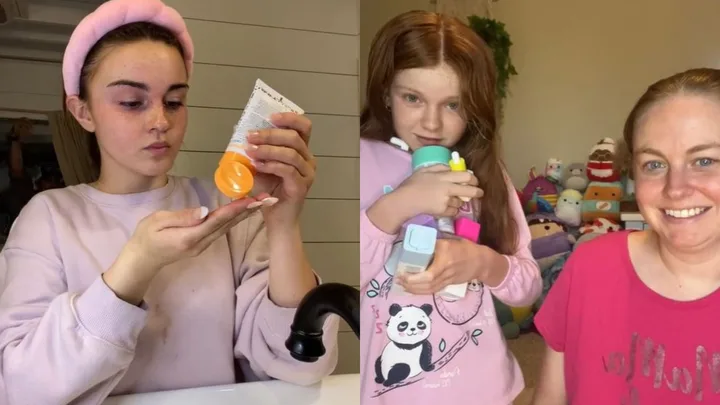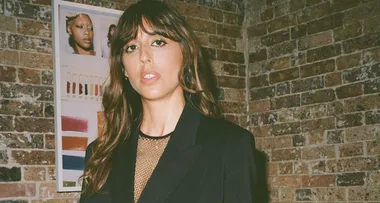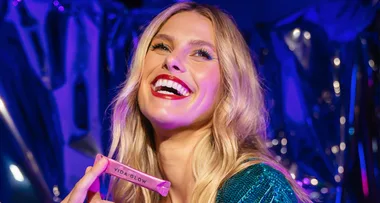There is an increasing online discourse about whether children as young as 10 should be subject to age restrictions from active skincare at stores like MECCA and Sephora.
The so called ‘Sephora Kids’ trend has gone viral online, with some posts getting between four and six million views. The term refers to children in their tweens (before 13) and early teens, going into beauty stores to get their hands on viral items from high end brands like Drunk Elephant and Summer Fridays.
These brands have been so popular with adults online that it seems to have filtered down to the children too. It makes them feel older to be ‘in the know’ on skincare, and if we’re honest, every child wants to feel mature before their time.
Youngsters feel influenced to need these products from a skincare perspective, but also to earn the ‘status’ factor of owning the ‘next big thing’.
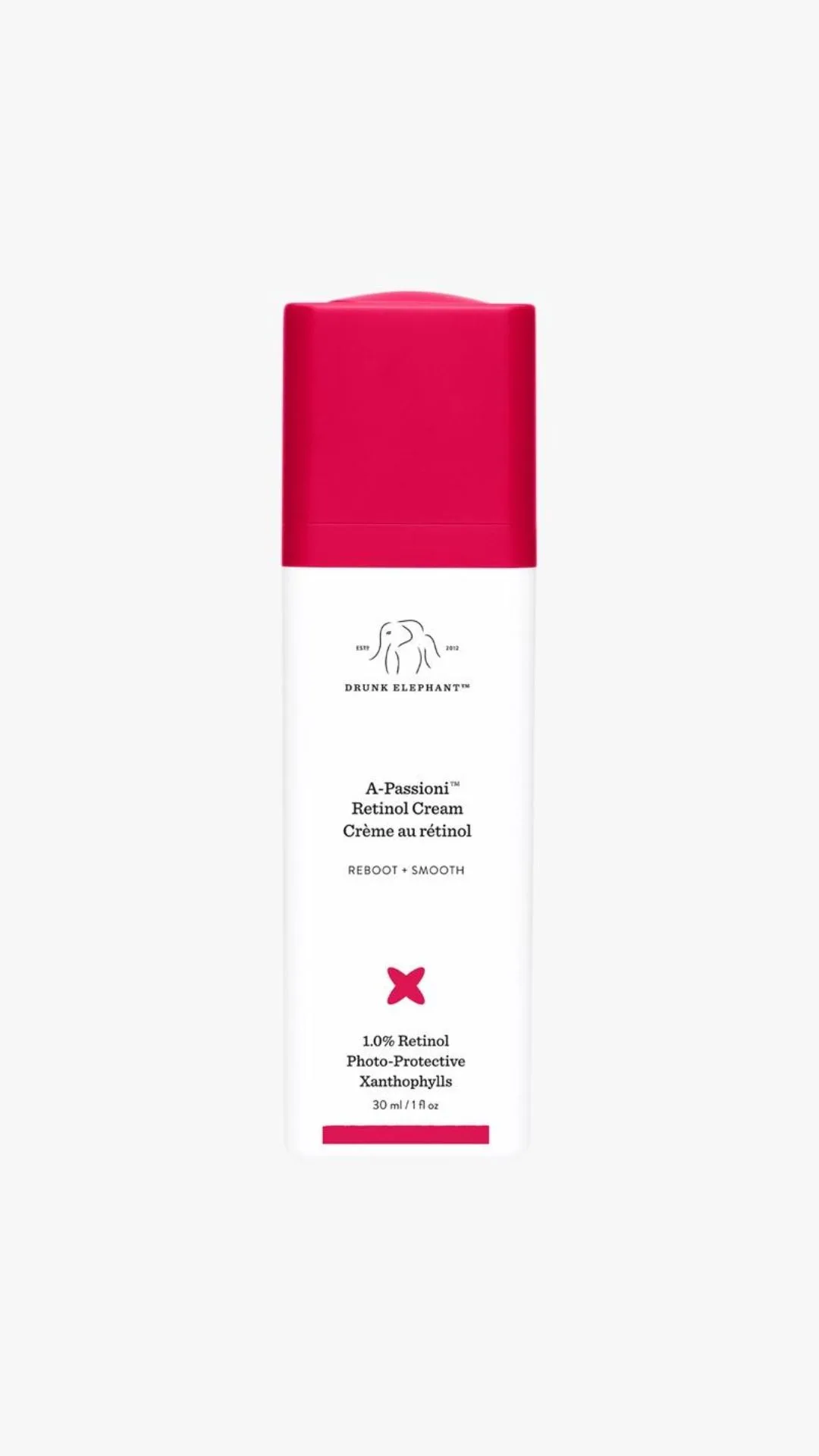
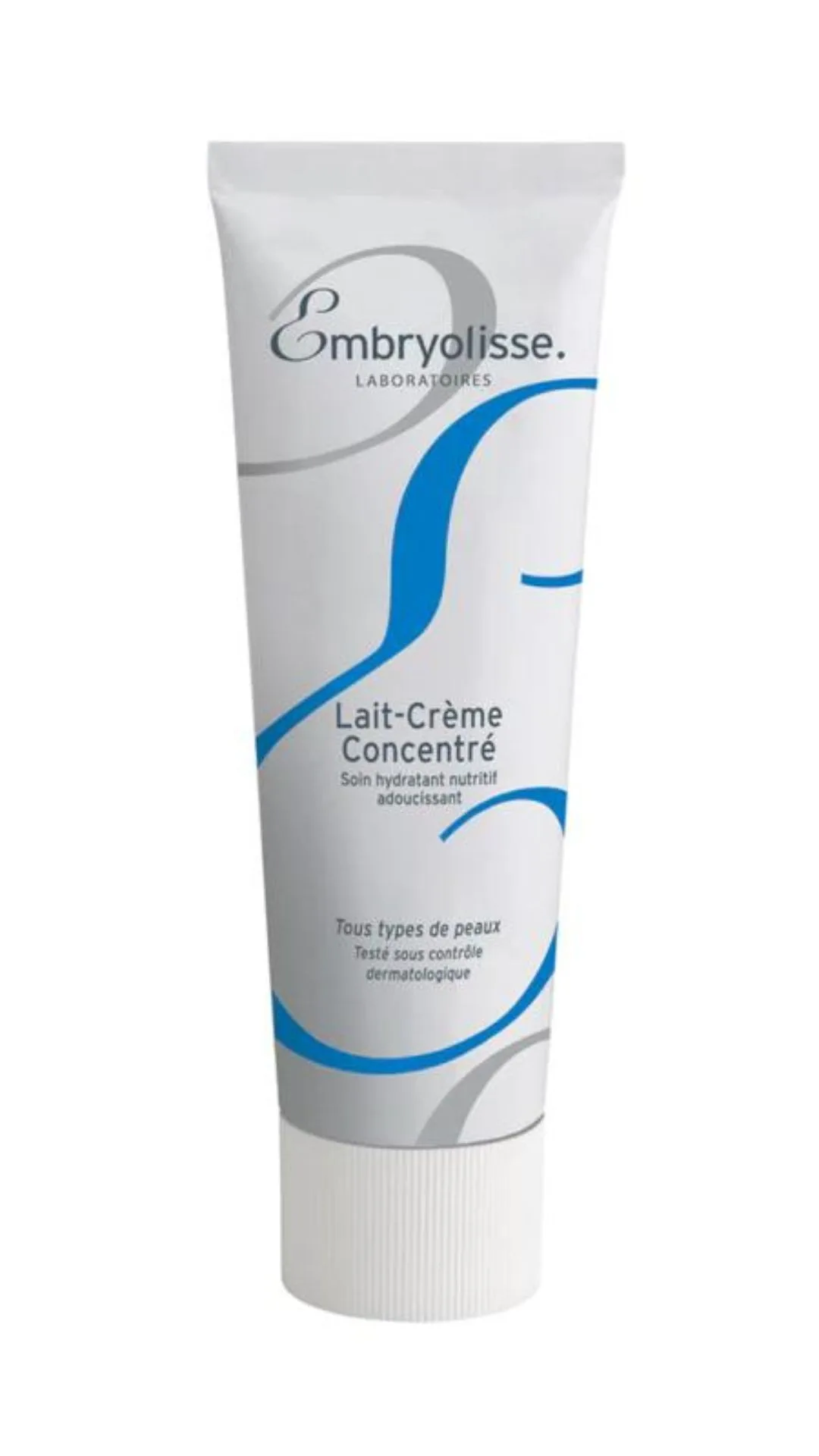
The same hysteria doesn’t seem to apply to skincare staples that adults love but that do not come in high end, colourful packaging. For example, they’re clamouring for Drunk Elephant, but skimming over unassuming packaging with brilliant formulas (Embryolisse, CeraVe and Cetaphil come to mind). The fan-level obsession continues to compound as the algorithm steadily feeds them the same content, again and again, reinforcing norms that young people use high end, adult skincare.
The truth is that many young people cannot afford to purchase these formulas, yet there is so much pressure to ‘keep up with the Joneses’. The reality looks starkly different to what you see online.
The same goes for the rumours that 10-year-olds are leaving Sephora and MECCA counters in chaos, making ‘skincare smoothies’ by mixing different products together and wrecking testers. While it certainly has happened, many young shoppers do know how to behave correctly in a store.
While there are always caveats, maybe it’s time to go a little more gently on our young people?
The youth skincare craze is influencer-fueled hype, yes, but didn’t we all fall victim to that as young people? Just like owning the best Barbie, getting a collector’s Pokemon card or owning every type of Impulse body mist on the market, skincare has become the next ‘it’ thing that the kids will pester their parents to own for the purpose of social status.
I certainly remember needing Lancôme Juicy Tubes as an 11-year-old.
It’s also not a good idea to discourage children from skincare altogether, as there are so many benefits to it. Go-To Founder Zoe Foster Blake explored the topic in a recent TikTok, saying, “If you have a tween or a teen in your world, you can help them actually get it right. We have an opportunity here to encourage this idea of looking after your skin – not because it’s trendy, not because the bottles are cute – but because it can create self-confidence and create really strong skincare habits that will take them [forwards] for decades and decades.”
“It’s never too young to start good skincare habits, and that can be as simple as SPF.” She’s actually created a tween/teen page on the Go-To site to help parents navigate the skincare landscape with more ease.
LeeAnne Leslie, the manager for education and training at Alpha-H agrees that skincare habits can be good to start early.
“Starting a basic routine early helps to develop the lifelong habit of caring for and protecting the skin. The same as teaching children to regularly brush their teeth, prevention, when it comes to the skin is key,” she explains, adding not too let it go too far.
“Retaining the integrity of young skin and not compromising the skins protective barrier is vital. A gentle twice daily cleanse with a pH balanced non foaming cleanser, applying SPF each morning and a simple moisturiser for evening is enough,” she advises.
That’s not to say there isn’t a problem with young people using active skincare that is much too harsh for their skin. From high percentage vitamin C, and vitamin A (retinol) to peeling face masks, young skin does not need these drastic steps, and it may impair their skin barrier, actually causing problems, rather than fixing them.
It’s absolutely true that young people need to be schooled and guided in the world of skincare. But is that MECCA and Sephora’s job? Is a kid-friendly section or age bans on certain products really needed? Or is it more about parents taking an active role in their children’s approach to beauty standards and beauty purchasing?
No young person should feel like they need a retinol before they even have wrinkles. No young person should be using harsh peeling masks to minimize pores they don’t have. This is an education piece for young people, an opportunity, as Foster-Blake says, to bring them along the ride and steer them in a direction that will benefit them.
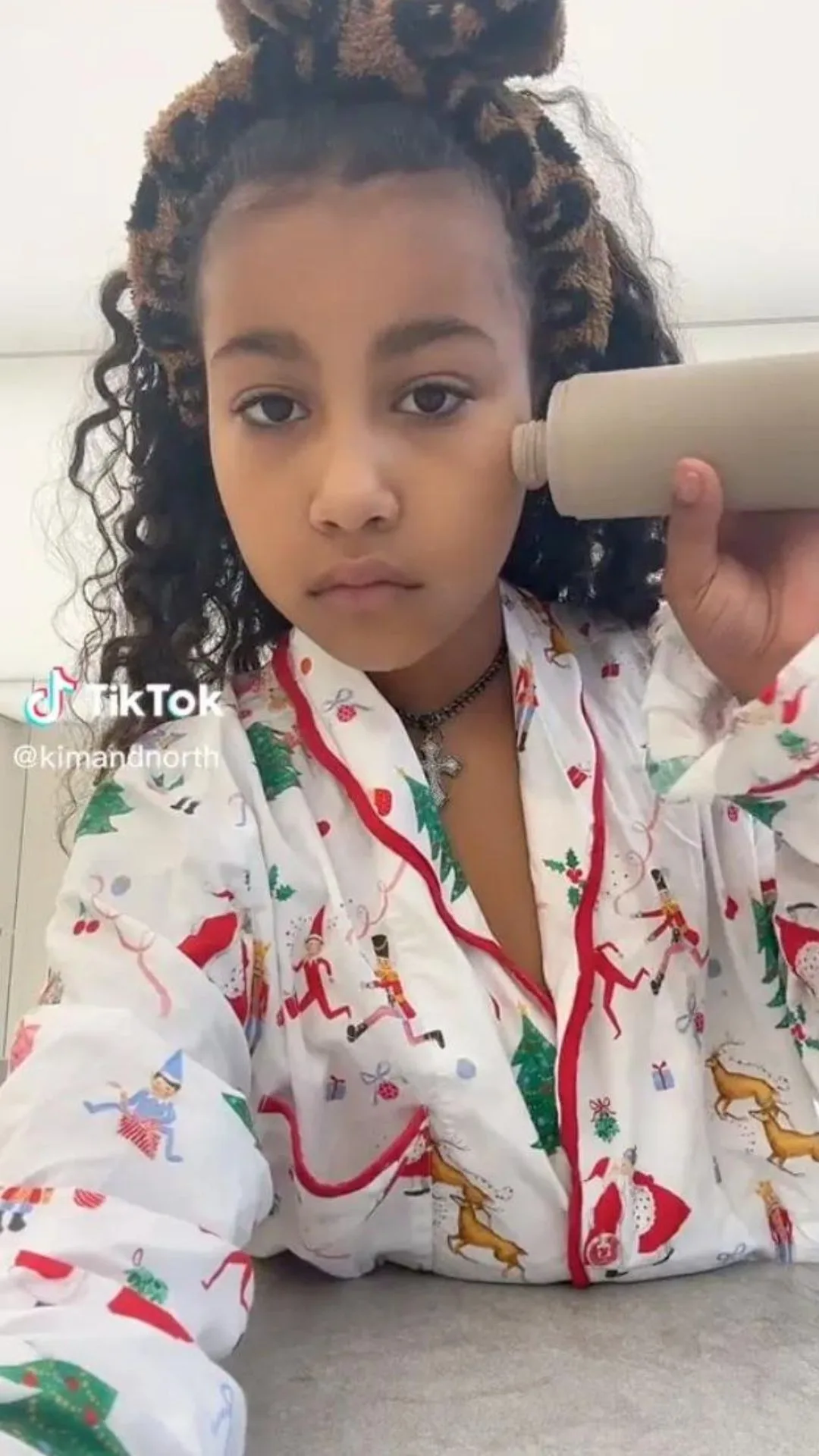
We must also consider the teens who do suffer from acne and other skin problems (rosacea, psoriasis), that may need more specialized care. Access to actives like salicylic acid, malic acid, or advice on heavier occlusive moisturisers could be essential to this demographic – even if they are still young.
Still, Leslie recommends a simple routine. “A gentle cleanser that respects the skins naturally occurring pH and protecting the skin each day with SPF is important,” she says. “A targeted spot treatment that helps reduce any redness and works to inhibit the spread of acne causing bacteria on the skin’s surface can really help as well.”
Leslie cautions that skincare alone can sometimes not be enough to deal with problem skin, and that seeing a doctor or dermatologist may also be advisable. “Acting sooner rather than later when dealing with teenage acne can help minimise the potential risk of atrophic (indented) scarring.”
She says that the twenties are the best time to start leaning into more active skincare, when our skin’s natural exfoliation processes start to slow down.
But, does that mean that a ’20 and up age limit’ is the way forwards?
It stands to question that if age limits are brought in, there will be older sisters and naughty aunts aplenty, marched into Sephora on behalf of their younger loved ones. There’s no allure quite like being told something is not allowed. It may seem like the answer, but restrictions are arguably an arbitrary step in stemming the actual problem. Removing the product doesn’t change the hyperfixation, only education and guidance can.
Of course, there is no one size fits all approach. We’d argue that it is up to parents to bring their children with them on the journey and ensure that their only knowledge of skincare is not built off what they see online alone.
Talk to them about ingredients, get clued in on the ones to avoid. Go scavenger hunting for the cutest, cleanest products to help them glow and feel ‘adult’ without hurting their skin. It could actually be kind of fun.
